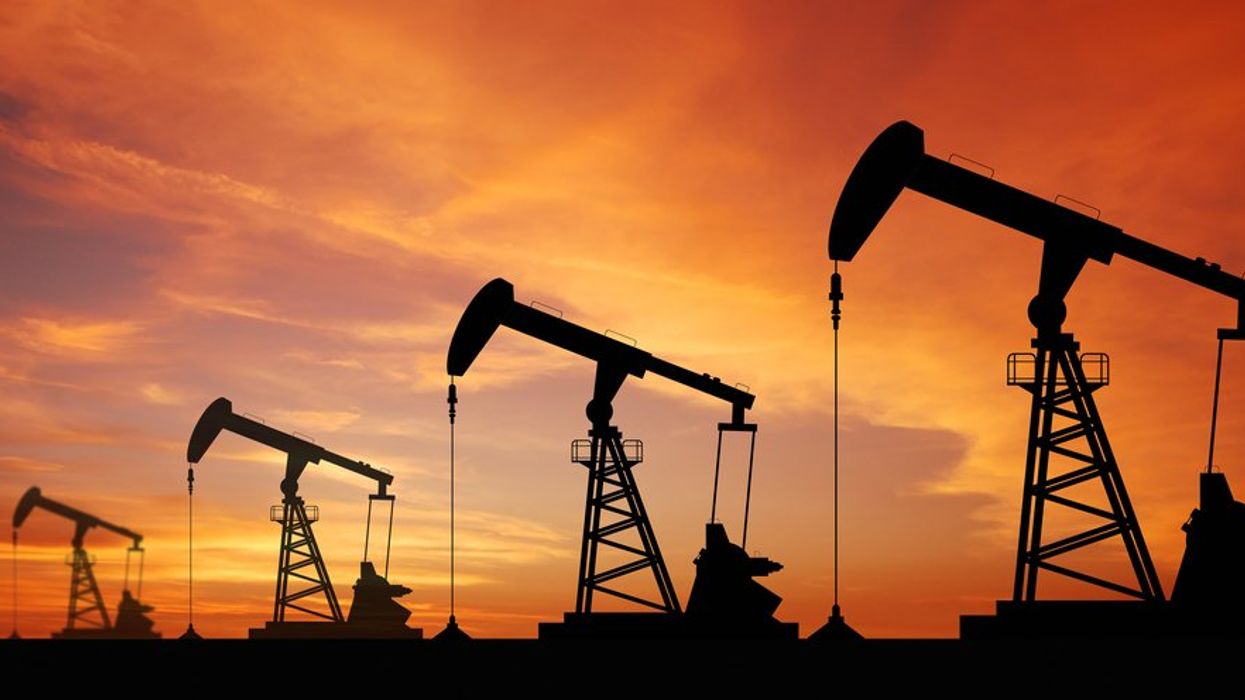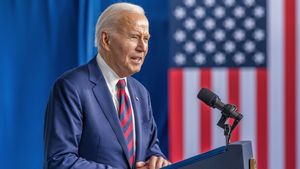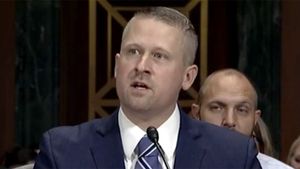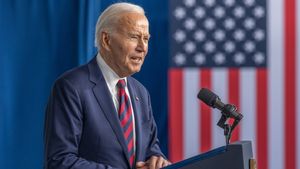On Monday, the Supreme Court allowed several lawsuits against energy companies to go forward in a major step towards holding corporations accountable fore their role in the climate crisis.
The court struck down five appeals from oil companies in lawsuits from cities and towns in Colorado, Maryland, California, Hawaii, and Rhode Island. The municipalities all argued that their residents have been harmed by the carbon emissions caused by company facilities.
The Biden Administration previously urged SCOTUS not to hear the cases, and to instead let them be litigated at a state level. In all five lower court rulings, companies including BP, Chevron, and Shell had lost.
The Supreme Court unexpectedly ruled in favor of the towns, allowing them to go forward, with Justice Brett Kavanaugh saying in the case's brief order that even when at the state level, he would have taken on one of the cases.
Business groups have taken issue with the ruling, saying that the cases should go forward at a national or international level. This would typically prevent a trial by jury, and instead leave the decision up to a judge.
Phil Goldberg, a lawyer with the National Association of Manufacturers, accused the towns of seeking to "monetize climate change and provide no solutions" via NBC. Advocates argue that preventing or dissuading companies from polluting is the solution, as they have prioritized profits at the behest of the planet for decades.
Richard Wiles, president environmental group Center for Climate Integrity, said that the decision means companies will now have to face the court of public opinion, and the people they are directly harming.
"Big Oil companies have been desperate to avoid trials in state courts, where they will be forced to defend their climate lies in front of juries, and today the Supreme Court declined to bail them out," he said.



















































